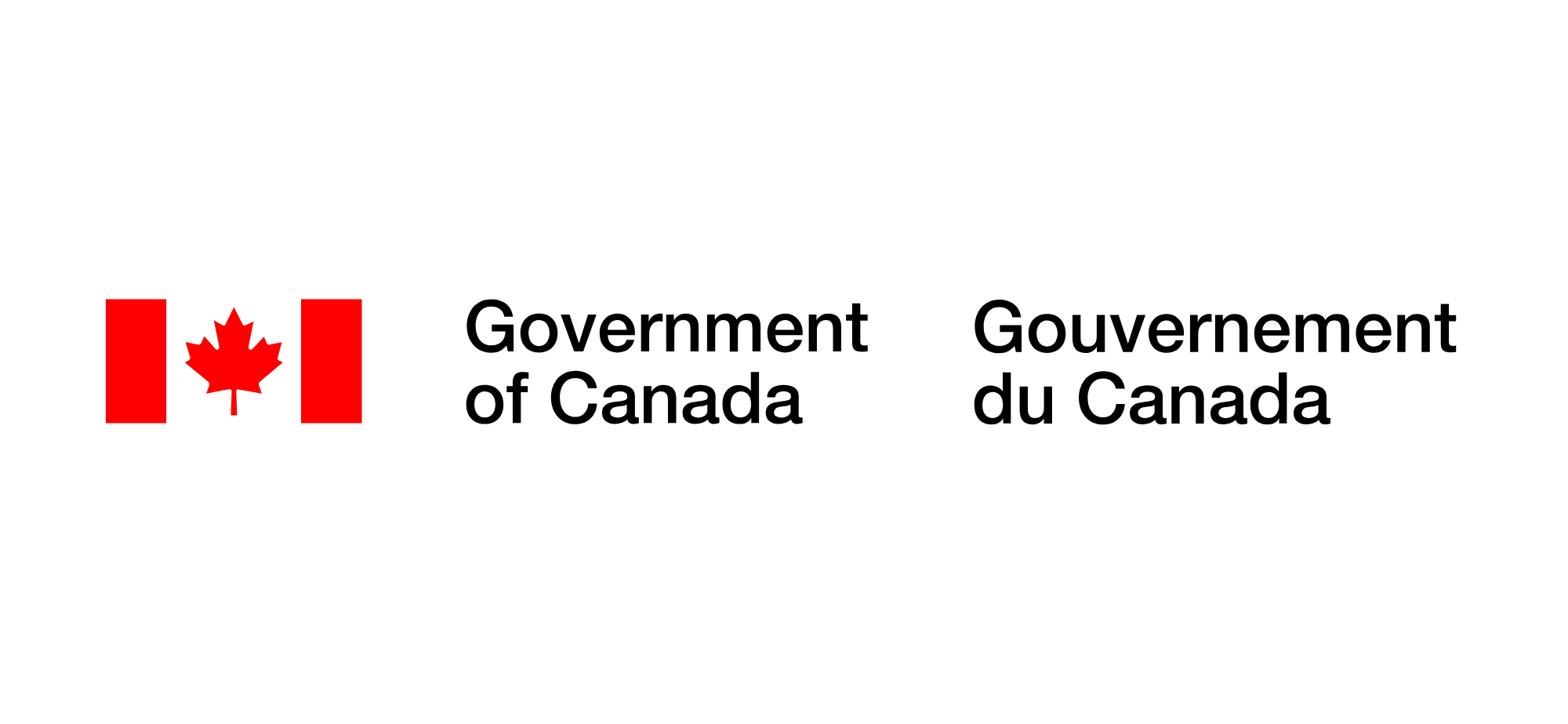Money

Money is important so we can pay for the things we need in our lives. Good money management can increase our ability to save for the future, go on trips or do fun activities. Check out this section to learn about the basics of managing money.
Bank Accounts & Credit
Bank Accounts & Credit
There are a lot of different types of bank accounts and financial options to help manage your money. Check out this section to learn about the different options and what to consider when using each.
5 mins
This content was written by our partners at BC Children’s Hospital’s Health Promotion and Health Literacy team, in collaboration with BC youth and clinicians.
Want to explore and learn more? Here are some options for you.





